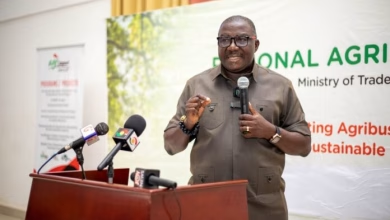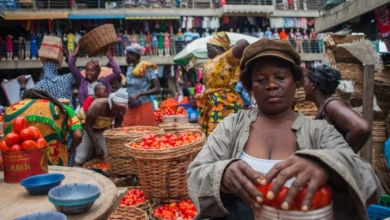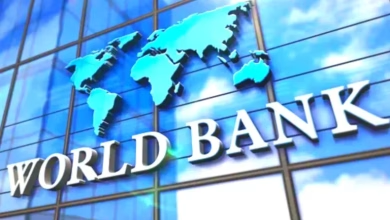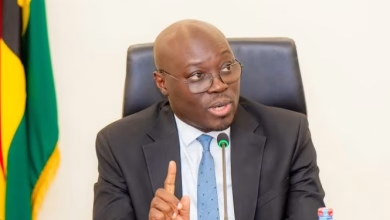Business
IMF More Optimistic on Ghana’s Economic Growth
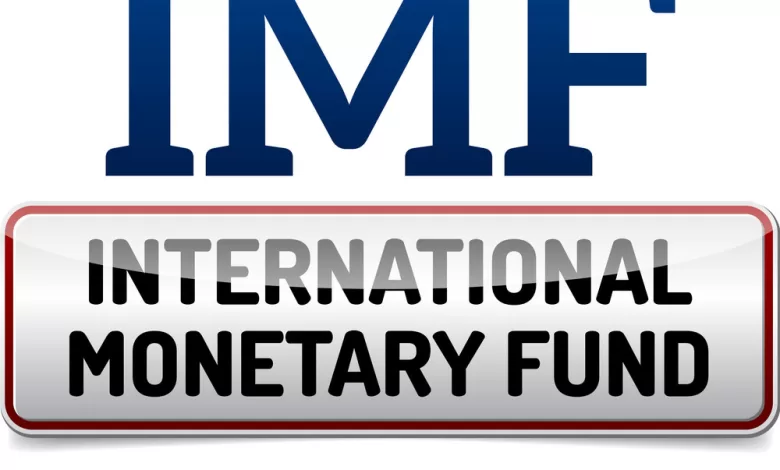
- The International Monetary Fund (IMF) predicts a brighter future for Ghana's economy compared to the World Bank
- The IMF's April 2024 Global Economic Outlook forecasts a 4.4% growth rate for Ghana by the end of 2025
- The IMF additionally highlights election-related spending as a potential threat to Ghana's economic recovery, alongside the geopolitical tensions.
The International Monetary Fund (IMF) predicts a brighter future for Ghana’s economy compared to the World Bank. Here’s a breakdown:
- IMF Projection: The IMF’s April 2024 Global Economic Outlook forecasts a 4.4% growth rate for Ghana by the end of 2025. This is significantly higher than the World Bank’s estimate.
- World Bank Projection: The World Bank, in its April 2024 Africa Pulse Report, projects a more modest 3.3% growth rate for Ghana in 2025. However, they believe Ghana’s GDP will surpass 5% in 2026, exceeding pre-pandemic levels.
Reasons for the Difference:
- Ghana’s IMF Program: The IMF attributes its optimistic outlook to Ghana’s ongoing reforms under the IMF program. They believe these reforms will significantly support economic recovery. Strict adherence to the program, according to the IMF, could lead to a faster recovery than initially projected.
- Geopolitical Concerns: Both institutions acknowledge potential challenges. The IMF’s Director of Research, Pierre-Oliver Gourinchas, expressed concern about ongoing geopolitical tensions in the Middle East, which could hinder economic recovery in developing countries, including Ghana.
Ghana’s 2024 Growth and Beyond:
- 2024 Growth: Both institutions project moderate growth for Ghana in 2024. The IMF predicts a 2.8% growth rate, similar to the government’s budget forecast. The World Bank is slightly more optimistic, estimating 2.9% growth.
- Ghana’s 2023 Performance: For reference, Ghana’s economy grew by 2.9% in 2023.
- Government’s Hope: The Ghanaian government aims to achieve a growth rate exceeding 3% in 2025.
Maintaining the Momentum:
Both the IMF and World Bank emphasize the importance of sustained reforms and fiscal discipline to ensure Ghana’s economic recovery remains on track. According to World Bank Chief Economist Dr. Dabalen, maintaining debt transparency and staying on the reform path are crucial for long-term success.
Election Spending as a Risk Factor:
The IMF additionally highlights election-related spending as a potential threat to Ghana’s economic recovery, alongside the geopolitical tensions.



